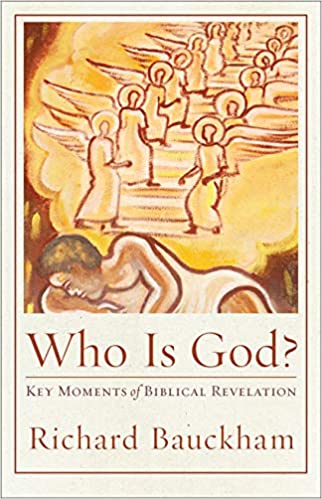BEN: Recently, an OT scholar, Michael Heiser, has suggested that the reason God relates to human beings as he does, and relentlessly pursues his plan of redemption is because God wants a human family to dwell with forever. Would you see this as compatible with some of the emphases in your study? If so how so? I can’t imagine God inherently needing a human family, since in a sense, the Trinity itself is a divine family of sorts involving love and interpersonal relating.
RICHARD: I think that claim may be in danger of thinking we know more about God than we do. I would say that we know, from Genesis 1 and elsewhere, that God wants a vast universe of innumerable kinds of creatures, not just humans. My understanding of the new creation would be that God will take up everything of value in the whole creation into eternity. Christian theology has always been nervous about saying that God needs creation. But there may be an acceptable way of thinking of that, if we suppose that God’s nature is creative love that must find expression. It could be like saying that God cannot do evil because goodness is his very nature. As for the Trinity, one could think of the divine community of mutual love as the love of like for like that of its nature overflows into love for the unlike. It might be like a loving family who do not want to restrict their love to themselves but welcome others into their home, In one sense one could say they have all they need in their mutual love, but in another sense it might be of the nature of their love also to be outgoing to others. But these considerations really take us beyond biblical theology into systematic theology.













